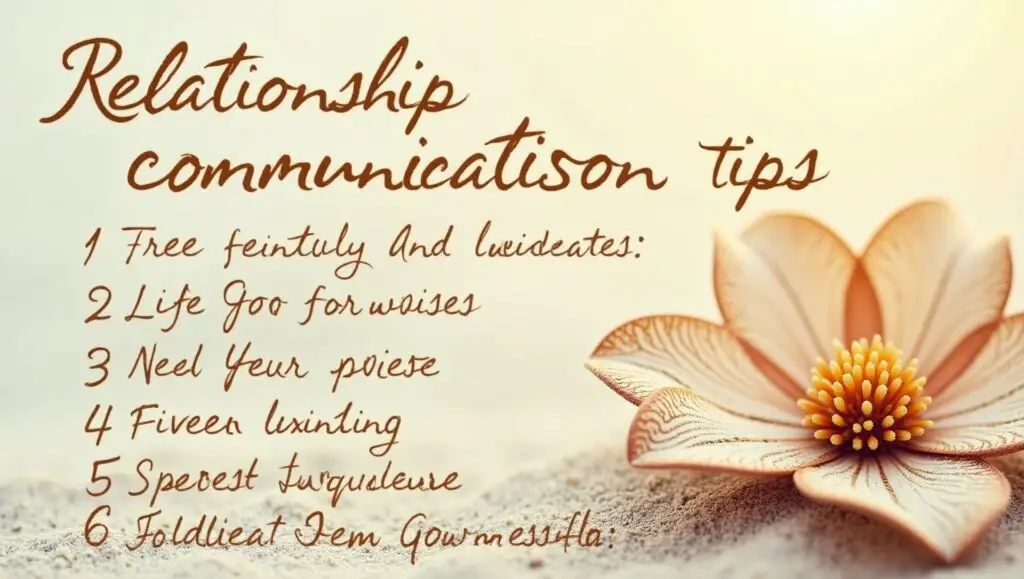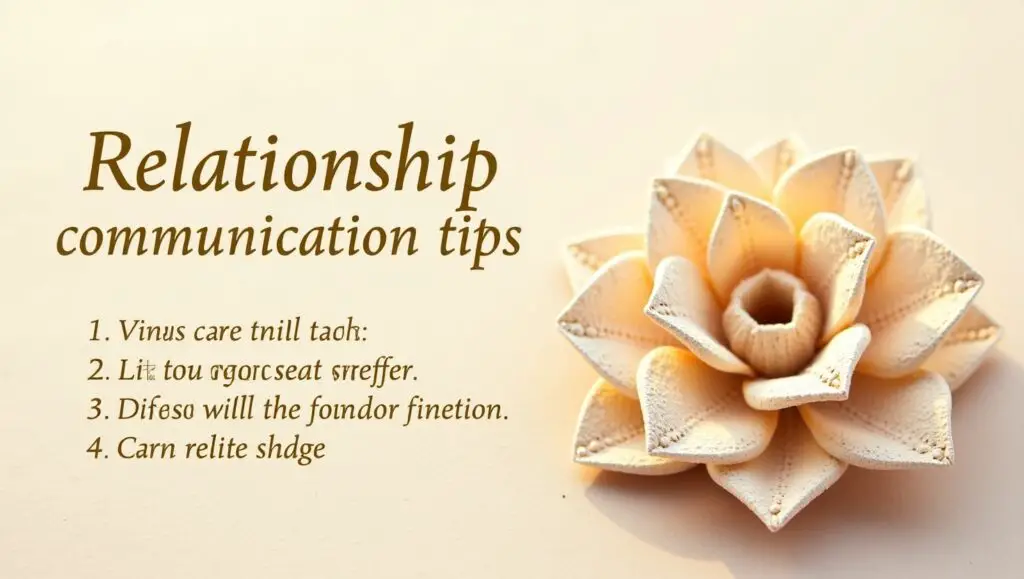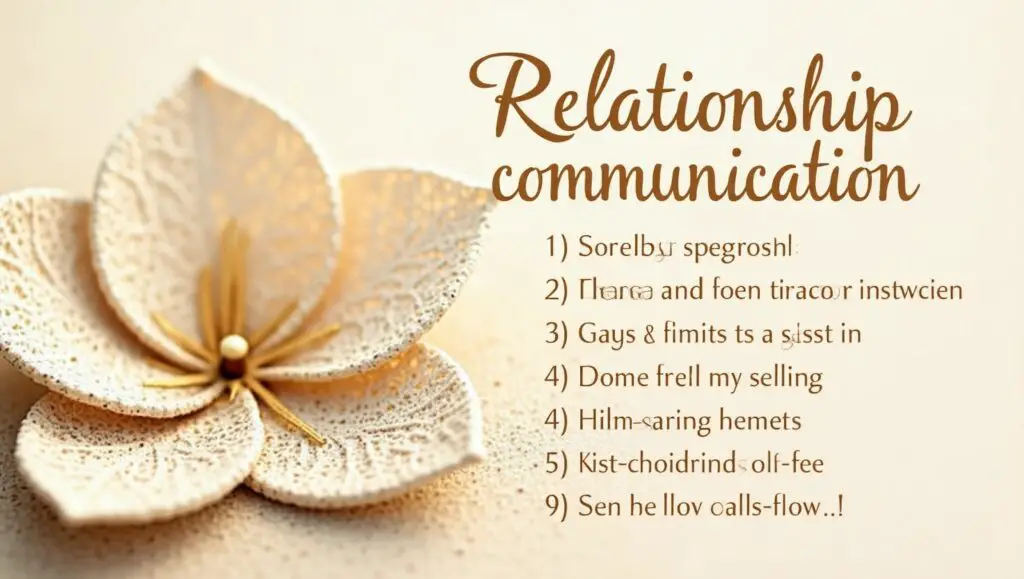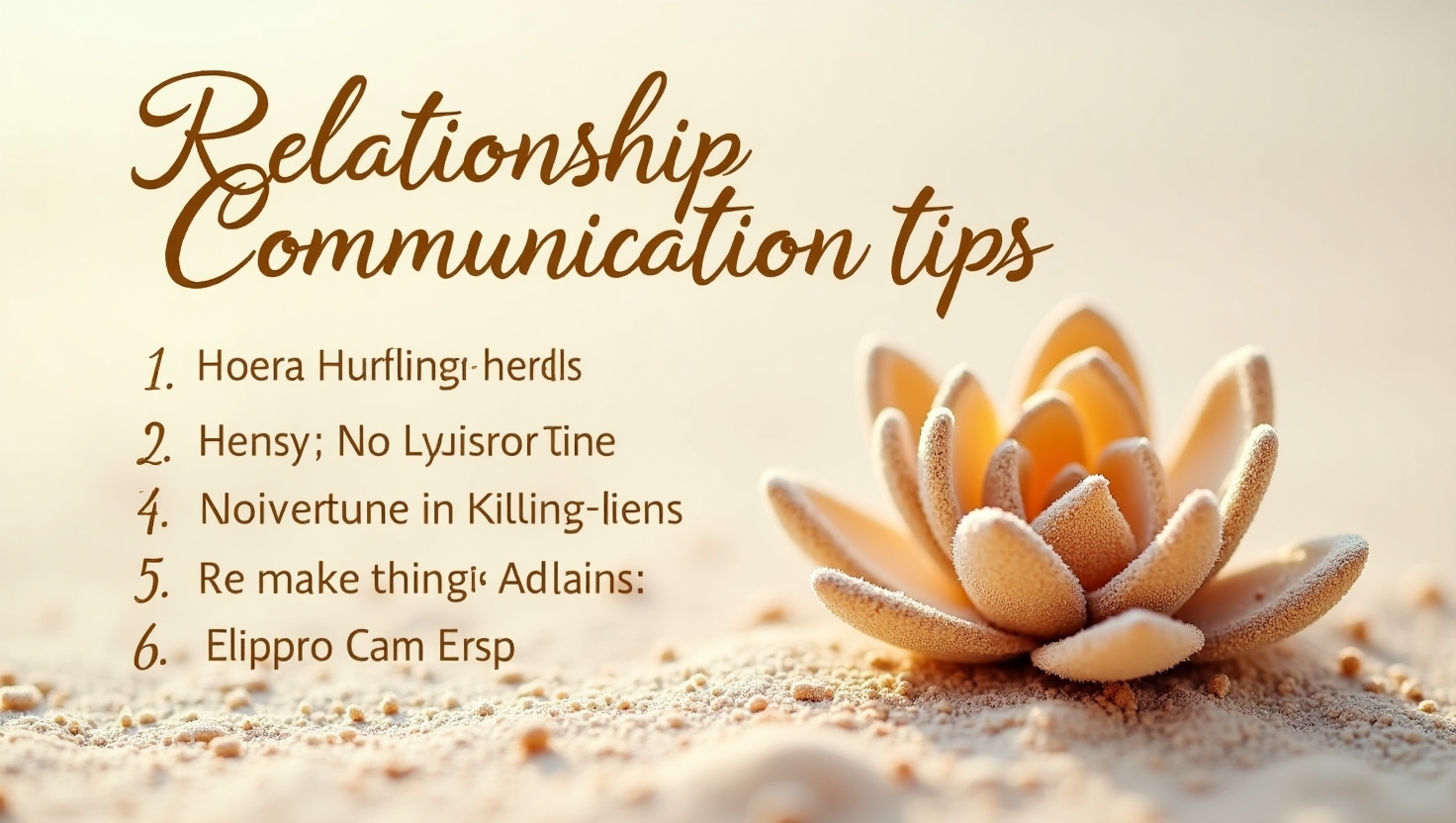Communication is the most important part of every relationship that works. Being able to talk about your feelings and listen with empathy can make your emotional connection much stronger, whether you’re dating, married, or in a long-term relationship. But even the strongest couples sometimes have trouble talking to each other. Misunderstandings, emotional walls, and unstated expectations can all cause fights and estrangement.
The good news? You can get better at talking to people. Anyone can learn to communicate in a healthier, more helpful way if they work at it and pay attention. Here are 10 practical and human-centered relationship communication tips to help you and your spouse grow together, not apart.

Practice Active Listening
One of the biggest communication challenges in partnerships is not actually listening. Many people wait to answer instead of completely hearing what their partner is saying. Active listening implies providing your complete attention, keeping eye contact, and avoiding interruptions.
Tip: After your spouse speaks, repeat what you heard in your own terms to ensure understanding. This small step builds trust and shows you value their perspective.
Speak with “I” Statements
Using “you” comments like “You never help around the house” can appear accusatory and make your partner defensive. Instead, convey how you feel using “I” statements: “I feel overwhelmed when I have to do all the cleaning alone.”
This technique develops empathy rather than blame and makes your partner more willing to engage in meaningful communication.
Be Honest, But Kind
Honesty is vital in any relationship, but how you say things counts just as much as what you say. Brutal honesty can harm trust. Instead, adopt compassionate truth-telling.
Tip: If something upsets you, communicate it respectfully. Avoid sarcasm, harsh criticism, or passive aggression. Gentle honesty develops intimacy.
Choose the Right Time
Timing matters in communication. Trying to resolve significant matters during a stressful period, especially while one of you is weary, can lead to pointless arguments.
Tip: If the occasion isn’t right, ask to set a time to talk when both of you can focus without distractions. This indicates respect for each other’s emotional space.
Understand Non-Verbal Cues
Communication isn’t only about words. Body language, tone of voice, and facial expressions play a huge role. Crossed arms, eye rolls, or sighs can send negative signals—even if you’re saying the correct things.
Tip: Pay attention to how your partner responds physically and emotionally. Being alert to non-verbal clues helps you alter your message and delivery.
Avoid the Silent Treatment
Giving your partner the cold shoulder might feel like a strategy to avoid disagreement, but it usually escalates stress. Silence builds emotional distance and leaves situations unaddressed.
Tip: If you need room to cool off, state it clearly: “I’m feeling overwhelmed. Can we take a short break and talk in an hour?” Then follow through.

Validate Each Other’s Feelings
Even if you don’t agree with your partner’s emotions, it’s crucial to validate them. Saying words like “I understand you’re upset” or “That makes sense you’d feel that way” can help them feel seen and heard.
Validation doesn’t mean agreement—it simply shows respect for their experience.
Stay Solution-Focused
When confrontations erupt, it’s tempting to get stuck in blaming or rehash past arguments. Instead, turn your focus to finding solutions.
Tip: Ask, “How can we fix this together?” instead of “Why do you always do this?” Working as a team helps you feel united, not divided.
Use Technology Wisely
In today’s digital age, couples increasingly rely on texting or social media to communicate. While helpful, these tools can easily cause misinterpretation owing to lack of tone and context.
Tip: Save essential or emotional chats for face-to-face or at least phone calls. Technology should support your connection, not replace it.
Make Communication a Daily Habit
Don’t wait until anything goes wrong to talk. Healthy relationships depend on regular, meaningful conversations—whether it’s about your day, your aspirations, or even your concerns.
Tip: Set aside time each day to interact. A 10-minute check-in can do wonders for long-term emotional intimacy.

final thought
No relationship is flawless, but excellent communication can make it strong enough to weather any storm. It’s not about avoiding arguments altogether—it’s about learning to negotiate them with respect, empathy, and honesty.
By implementing these relationship communication strategies consistently, you’ll not only avoid unneeded disputes but also enhance your link and trust. Remember, genuine communication isn’t just about speaking—it’s about understanding, learning, and loving each other more every day.



